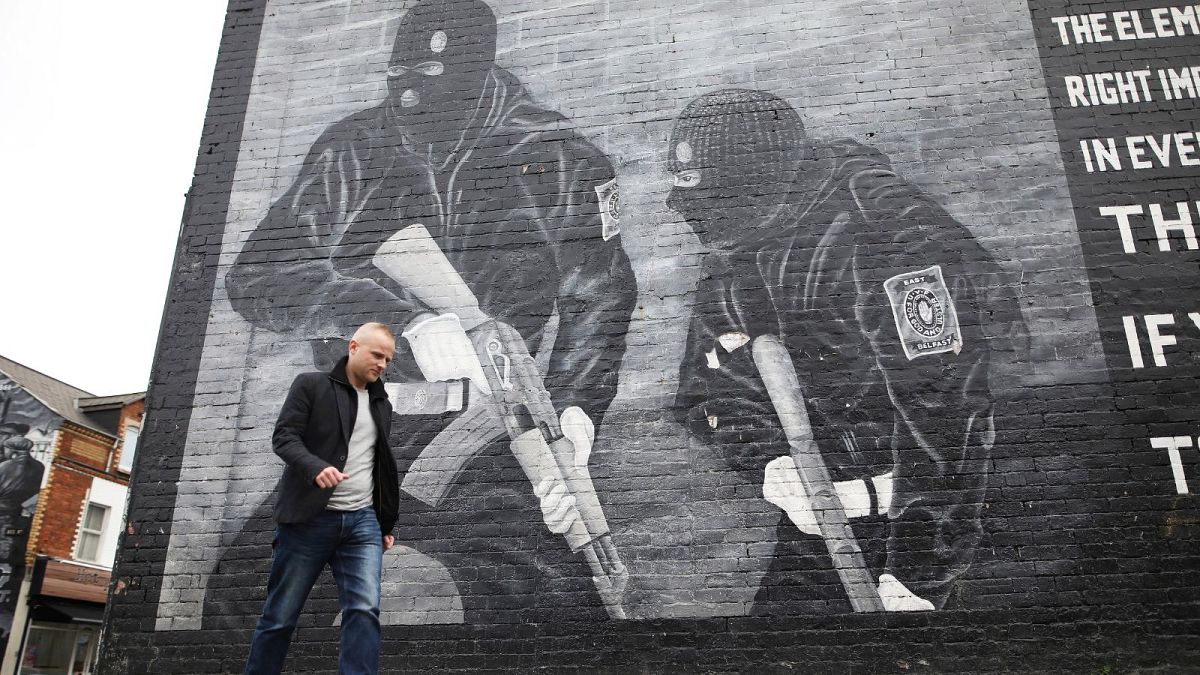The court sided with the many critics who say the bill, backed by the British government, won't help bring peace and justice to a country scarred by decades of violence.
A Belfast judge ruled on Wednesday that a new law granting immunity from prosecution for most offences committed during the conflict in Northern Ireland violates human rights.
The new measure was passed in September 2023 as part of the British government's Legacy and Reconciliation Bill, an attempt to finally lay to rest the ghosts of the decades of violence known as the Troubles.
The legislation stops prosecutions for killings by militant groups and British soldiers during the conflict, which claimed some 3,500 people lives between the 1960s and 1990s.
The worst of the organised paramilitary violence ended with the Good Friday agreement of 1998, but many of the wounds caused by "the Troubles" to the community are still open. Many families are still seeking justice for their murdered relatives and loved ones.
The bill was widely opposed in Northern Ireland, with all the country's major political parties, Catholic and Protestant churches, human rights organisations and the United Nations all speaking out against it last September.
On Wednesday, Justice Adrian Colton sided with the bill's critics, saying that the law's provision for conditional immunity from prosecution breaches the European Convention on Human Rights and will not contribute to bringing peace and reconciliation to Northern Ireland.
"There is no evidence that the granting of immunity under the act will in any way contribute to reconciliation in Northern Ireland; indeed the evidence is to the contrary," he said at Belfast High Court.
Colton also ruled that a new body set up to probe Troubles killings, loosely modelled on South Africa’s post-apartheid Truth and Reconciliation Commission, could carry out human rights-compliant investigations.
The British government responded to the ruling saying it would consider it carefully, but that it remains "committed" to implementing the bill.
